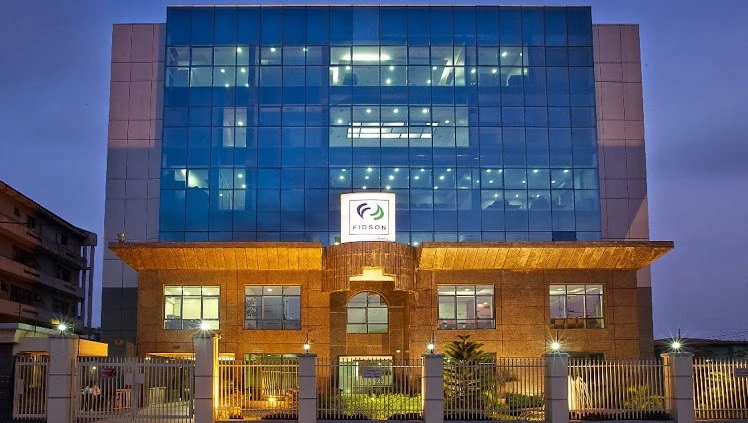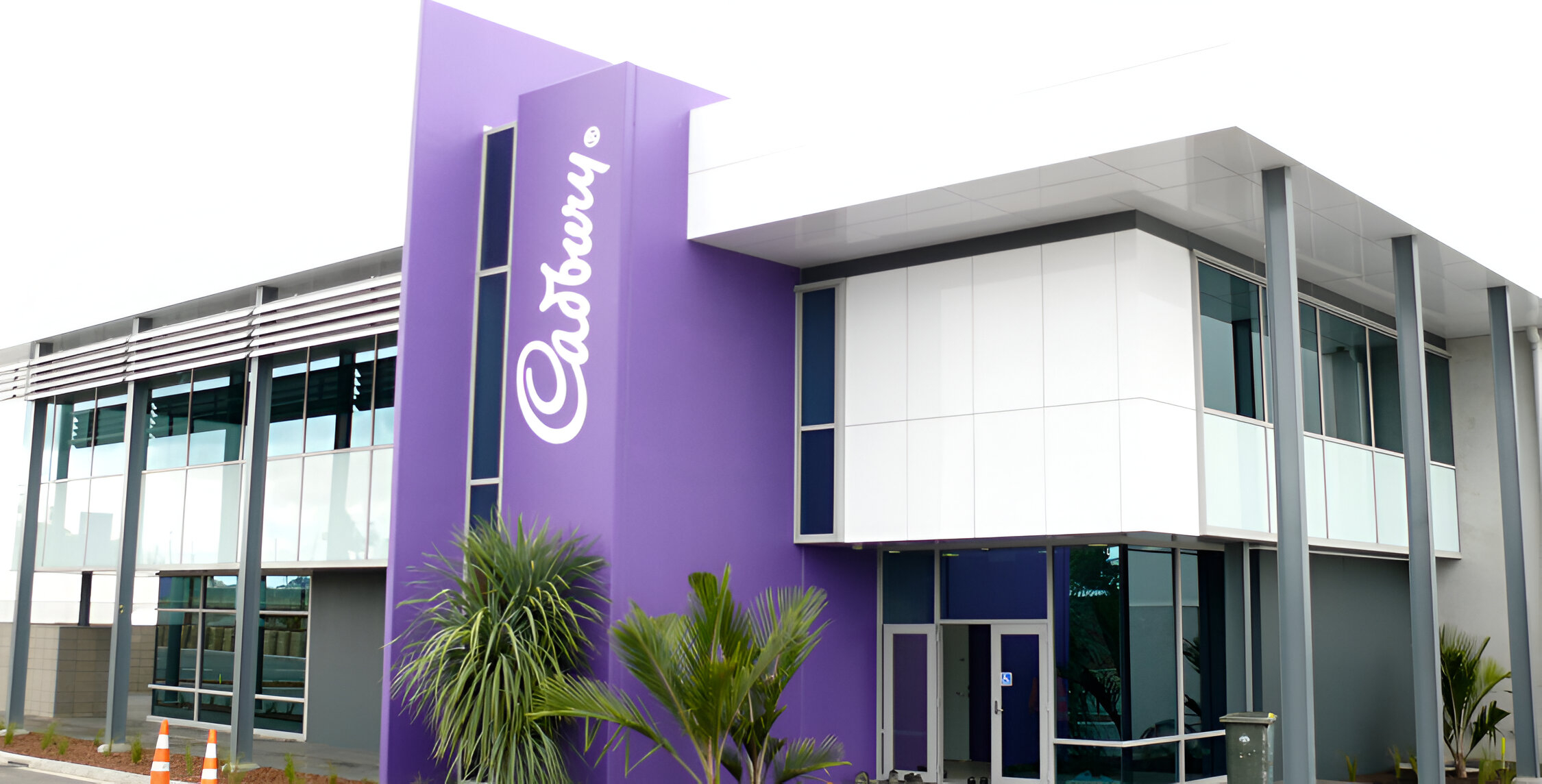Mohammed Binji: Law Anchors Society, Good Governance
Mohammed Binji: Law Anchors Society, Good Governance
Sokoto State Attorney General and Commissioner for Justice, Hon. Nasiru Mohammed Binji, who credits Governor Ahmed Aliyu with firm belief in law and constitutionalism, speaks with Louis Achi on the role of law in good governance, amendment of Section 76 of the LGA law that ‘triggered’ tension with the Sultanate Council and the challenges of his ministry
What’s your conception of law, vis-à-vis society and good governance?
I don’t think there can be good governance if there is no law, because law is the foundation of any civilized society. No society, no law. So, law is the foundation. If we are talking about good governance, we must have the necessary law to guide us. So, they both go hand in hand.
And I must also stress that adherence to the rule of law is important for good governance. The importance of the rule of law is to keep government in check, within their legal boundaries. Good governance is essentially about what is in the best interest of the people. According to some philosophers, wherever there is law, there must be sanctions, because if there are no sanctions people have the tendency to commit offenses. Laws are the foundation of civilized existence.
Justice Solebo who recently retired from the Lagos State Judiciary once said that ‘weak enforcement and not laws, is Nigeria’s challenge.’ Do you agree with this?
I wholeheartedly agree with her. There is absolutely no doubt that Nigeria has very good laws and her laws can compete favorably with laws in other countries or other jurisdictions, particularly in the Commonwealth. The problem is the lack of enforcement. It’s a significant problem due to several factors – impunity, delay in court proceedings and all these contribute to the challenges of law enforcement.
Why did you cite the Commonwealth – and not the United States for instance?
Our legal system is fashioned after the English Common Law. So, we are part of the Commonwealth. And, as she said, we are not lacking in laws that can help in good governance. We have good and adequate laws to guide the conduct of our leaders and we the led.
If enforcement is the issue, what is the way forward?
Allow me to shock you – Nigerians are not that lawless. Yes, we are not lawless, there might be instances of lawlessness, like the banditry in the North-West, the insurgency in the North-East and other forms of crises in the South-South and elsewhere in Nigeria. But these instances are not overwhelming, because Nigerians are governed by laws. We are not lawless, as some people would think. To the contrary we are very law-abiding citizens.
Can you confirm with statistics that Nigerians are not lawless, using records on convictions or number of cases to back up this assertion?
I can’t give you the statistics for the whole country. But based on statistics from my own jurisdiction, Sokoto State, a state of over 7 million people, I can confidently insist that we are not a lawless people. In Sokoto State, maybe we have about 400 criminal cases in our high courts and other courts. So, for a state of about 7 million people with just about 400 cases, you will certainly agree with me that using Sokoto State as an example that we are not lawless.
It would then appear that Judges in Sokoto State are not being overworked, inferring from your assertion?
I want to agree with you that they are not overworked, not just because our people are law abiding, but because we have 24 judges in Sokoto State High Court. The number has helped ensure that the judges are not overwhelmed with cases. There are five divisions. We also have about 40 magistrates and many Judges of the Sharia Courts. So, our judiciary is vibrant.
Will it be right to say that law is constantly evolving, which explains the need for reforms and amendments?
The main responsibility of the National Assembly and various State Houses of Assembly is to make laws for good governance in Nigeria and this function includes amendment, repeal and enactment of laws. There are also Law Reform Commissions at both the federal and state levels, which have the responsibility to review and reform archaic laws.
So, laws are constantly changing because society is changing too. Take the developments in the social media. In cases where there were no laws, we have a responsibility to enact laws to guide its use and where the laws are outdated, we have a duty to amend the laws to bring them into conformity with the realities of the day. There are several other examples that I can cite why amendments are necessary.
What law reforms are you working on in Sokoto State?
If you recollect, I began by saying that, since society is constantly evolving, and that there’s the need for laws to be amended, repealed, and reviewed, to bring them into conformity with the realities of the day. So, we are dispassionately looking at our laws to see the ones that we need to subject to an amendment.
And you know that an amendment can be just the change of a word “a” to “it”. If we want to change the name of Sokoto North Local Government Area for instance, that would be a constitutional amendment and that must be approved by the National Assembly and at least 24 States Houses of Assembly. Amendments are not something you engage in for fun.
Last year, we got the Sokoto State House of Assembly to amend some laws and even now we are working on more laws that we are of the opinion need to be amended. You must acknowledge my governor as a firm believer in the rule of law and in constitutionalism.
Last year, Governor Ahmad Aliyu pushed through the House of Assembly some consequential amendments to some laws – the amendment to the Sokoto State Discrimination Against Persons with Disability Commission Law of 2021, the Sokoto State Local Government Law 2009, which unfortunately generated the controversy. Others were the Tenancy Control Safety of Persons Law, Zakat and Endowment Commission Law, among others.
Were the amendments absolutely necessary?
Let me begin by talking about the three laws, the Discrimination against Persons with Disability Commission’s Law, the Zakat and Endowment Commission’s Law, the Tenancy Control and Safety of Persons Commission Law. These three laws were styled by the immediate past administration of Aminu Tambuwal as commissions, whereas by their functions they can only function as agencies of government.
By designating them as commissions the law created a problem for them, because commissions are typically independent, and autonomous and not under the supervision of any ministry. So, we thought that for efficiency, and accountability, we should appropriately designate them as agencies of government under the supervision of certain ministries. Going by the provision of Section 197 of the 1999 Constitution as amended, there are only three statutory commissions for each state of the federation.
Under the 1999 Constitution as amended Section 197 provides for only the following statutory commissions – the State Independent Electoral Commission, the State Civil Service Commission and the Judicial Service Commission, which are styled as commissions – they are independent, going by their nature, the nature of their work.
You must agree with me that the State Independent Electoral Commission must be independent of the supervision of any ministry for it to function effectively, for the opposition party to have faith in its impartiality.
Your state’s amendment of Section 76 of the LGA law as it relates to the functions of the Sultanate Council in the appointment of Districts and Villages Heads provoked some controversy…?
For lack of a better word, I would call the problem of this section a drafting error, because in the previous provision the Sultanate Council was given the power to appoint Village and District Heads. But under the Nigerian constitution, executive powers under Section 5(2) of the Constitution, are vested in the governor.
It is only the governor that can appoint, while the Sultanate Council recommends. The government took a good look at it because the law was unconstitutional. The government looked at it critically and concluded that appointment is an executive function.
The power to appoint is an exclusive executive power. Executive powers of the state are solely vested in the governor by the provisions of the Constitution, which he exercises by himself or through the Deputy Governor or Members of the State Executive Council.
The Constitution did not specify any other person that he can exercise the power through. Like I said earlier it was a drafting error and the error was a consequential one. The interesting thing is that even though that that error was contained in the provision, but it was never practiced.
The practice which is common knowledge is that the Sultanate Council recommends to the governor people that are deemed qualified and eligible for appointment as village and District Heads. That has been the practice, so we thought it was better to amend this provision, to regularize it and to correct the error I talked about earlier. This was simply what we did, but somehow it was misunderstood by those who wanted to cause chaos and who thought they had found an issue to use for their political purposes.
There was no intention whatsoever on the part of the government to ridicule the Sultanate Council. The governor has very high regards for the Sultan. And this was conveyed in clear terms to the people of Sokoto State. The opposition which was defeated tried to hijack it to cause disaffection for the government.
What has been the challenges as Attorney-General and Commissioner of Justice?
The Attorney General is a lawyer. The office is manned and managed by a lawyer. I started work in this ministry 20 years before I became the Attorney General. I still go to Court. I still have so many cases that I am prosecuting at the court. Nothing has changed because I am still professional in all that I do. Yes, am operating in a political environment, but I can’t afford to become partisan.
There has been no interference whatsoever from the governor in respect of my assignment. And I think this has to do with the fact that he is also a professional and wants to succeed.
During the 2024 Law Week of the NBA Sokoto Branch, you declared the commitment of the Governor Aliyu’s administration to the independence of the judiciary. Was that declaration necessary?
Yes, of course. I’ll always say that Governor Aliyu is a very good friend of the legal profession. Though not a lawyer, he has done more for the profession than some lawyers who became governors. And this is a statement of fact.
What of funding of the judiciary in Sokoto State?
The governor has shown he fully understands the principles of separation of powers, and that the three arms of government need to function effectively; that they need to cooperate. He has fundamentally addressed the problems he met as governor. For instance, the immediate past administration appointed some judges in 2022 and made no provisions for their official vehicles.
Governor Aliyu has since purchased vehicles for them, and for all the new judges that he appointed. He has demonstrated respect for the House of Assembly and the Judiciary – the other critical arms of government. And this is why he is a toast of the lawyers.
Justice Mua’azu Abdulkadir Pindiga Commission of inquiry set up to investigate the Aminu Tambuwal administration has concluded its public hearing 14 months after. What did the governor set out to achieve?
Before and after the inauguration of this administration there were allegations of wrongdoing by officials of the Aminu Tambuwal administration. The agitation was such that the government had no choice but to institute an inquiry which was in the best interest of the former administration and new administration.
And you may recall there was no proper handing over to the incumbent governor. So, what the governor has done through the commission is to ask questions, as opposed to an investigation which is usually by the police or other law enforcement agencies.
Memoranda were requested from interested persons. The Commission will now write their report.
What do consider your achievements based on the core mandate of your ministry?
The first responsibility that we are saddled with is giving the government legal advice. We are the chief legal consultant to the government. Everything the government does must be vetted by the Ministry of Justice. I mean contracts, agreements, MOUs, and what have you. We also receive reports of investigation from law enforcement agencies, particularly the police, civil defense, DSS, and we do avail them with our legal opinion.
It’s our responsibility to determine whether there is sufficient evidence to warrant further actions and to go to court. We have so many cases at the High Court, the Magistrate Courts, Shariah Courts of Appeal, the Court of Appeal of Nigeria and at the Supreme Court.
Sokoto State Attorney General and Commissioner for Justice, Hon. Nasiru Mohammed Binji, who credits Governor Ahmed Aliyu with firm belief in law and constitutionalism, speaks with Louis Achi on the



